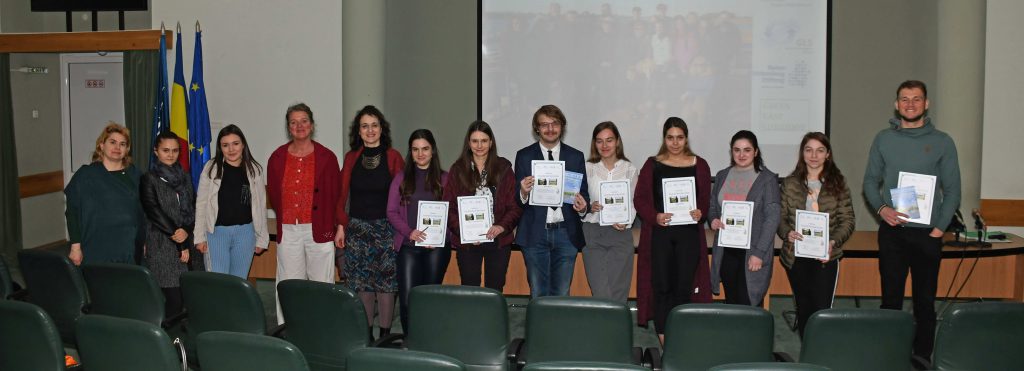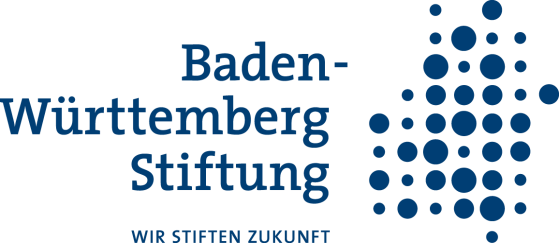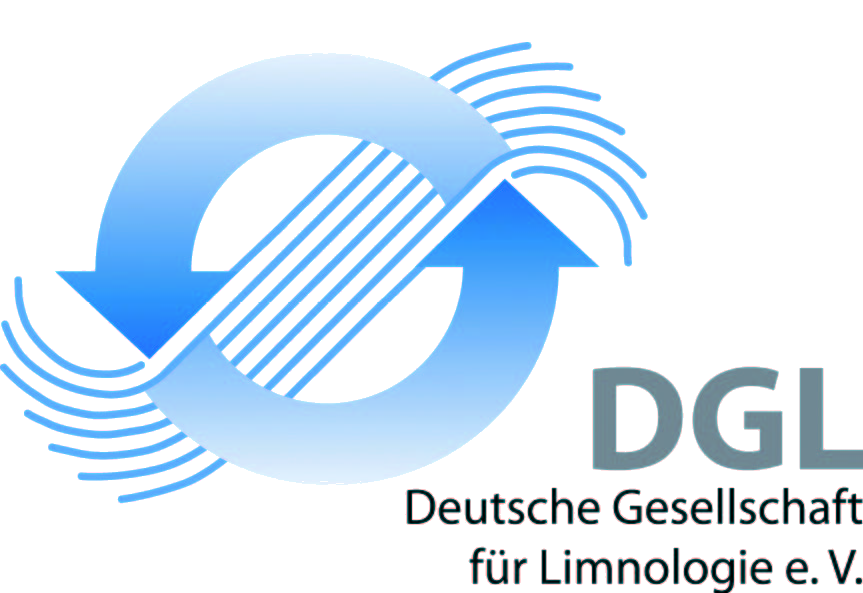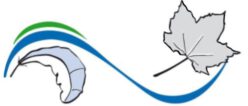Climate alliance choosing our Danube Nature Guides as example for Best practice on Water: Link
Danube Nature Guides I – 2017 to 2019
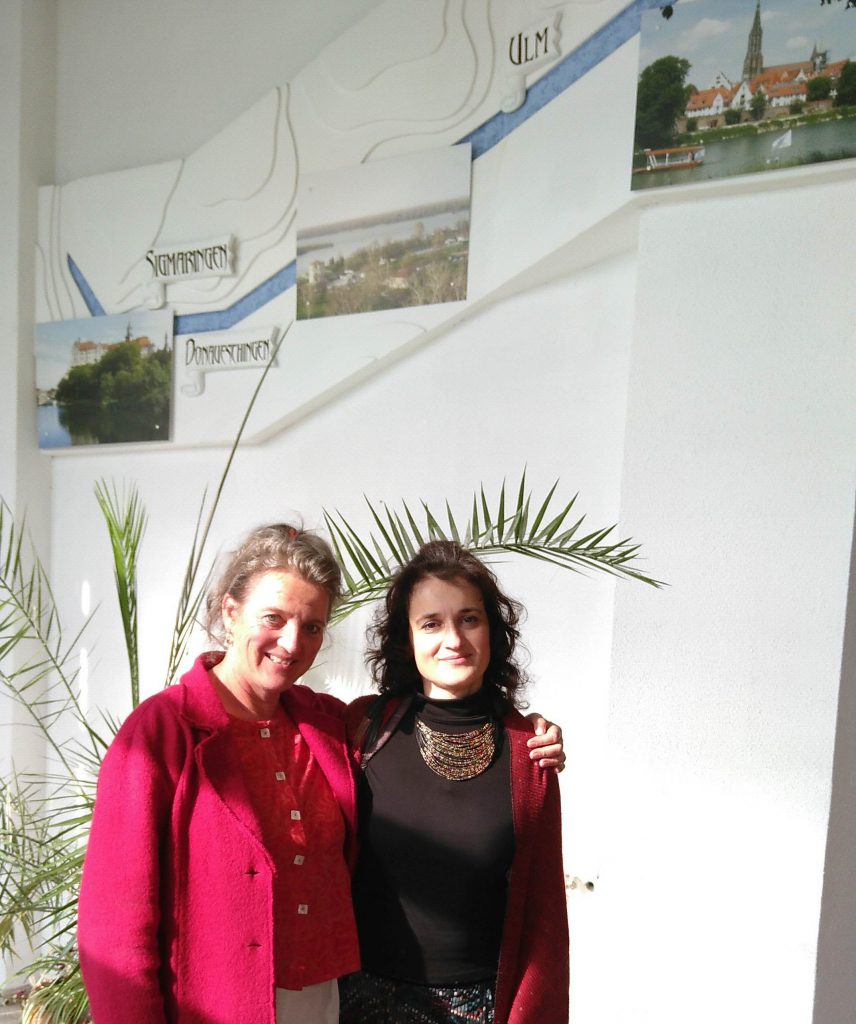
Closing-Event DNG I in Galatz, April 15th, 2019
download invitation & programm
Press release (in German): document and print medium in Germany
The broshure with all the knowledge content of the two field courses: small pdf
At our final event all the young romanian girls and boys were decorated with an exposure of the final broshure, giving the content to know about the Danube at upper and lower part, and a certificate by Naturschule Region Bodensee and Green East Corridor, telling about the intensity and attendance time for their course.
We wish good advatages for the future and many choices to use and practice this knowledge.
Training for German and Romanian Danube Nature Guides: a link between generations and cultures
The Danube Nature Guides’ Project, subsidized by the Baden-Württemberg Stiftung and promoted by the Deutsche Gesellschaft für Limnologie offered a two weeks’ training program for young Romanians and German Nature Guides along the Danube. 15 young Romanians and 8 already trained German Nature Guides spent the first week near Beuron in July 2018, and the second in Galatz near the Danube Delta in September. The water quality was tested, lectures and excursions along the river and into near-by nature parks provided many ideas and insights into nature protection and the creation of income-providing projects based on the preservation of natural resources and cultural assets. There will be a closing event in Galatz in 2019.
„People need to be introduced to nature protection when they are young, if we want them to consider it a career option”, says Dr. Gabriela Costea. She and a second limnologist Dr. Sabine Schmidt-Halewicz from Konstanz, initiated the Danube Nature Guides project in cooperation with Naturschule Region Bodensee e.V. and the Romanian Green East Corridor in Galatz. The partnerships formed, the plan for an internet platform, and a larger network, the continuation of the courses in Romania, the ideas to promote tourism not only in the Danube Delta, but for the stunning nature trails and nature parks in the Galatz region further upriver are promising.
Link to the magazin danube connects.
Printed exposures of the magazin (German and English) can be received by danube connects – das magazin für die donauländer – D-89081 Ulm, while stocks last.
Danube Nature Guides as multipliers for raising awareness and advocacy
for cultural linkages and nature-based development options
along the Danube
For german participants of the educational project in 2018: information flyer see here.
Further subscription materials, as there are Anmeldeformular and Teilnahmebedingungen
General terms and conditions: AGBs Naturschule
What happend in the first week of fieldcourse in Germany, August 2018? see newspaper Schwaebische Zeitung
In Germany, in public awareness the Danube represents a great east-west axis for various economic, cultural and historical relations as well as a blue and green corridor of nature. In Baden-Württemberg, people moreover link the Danube with the historical emigration of the “Donauschwaben” to south-east Europe which used boat transport on the Danube, starting in Ulm.
Nowadays other migrations occur in roughly reversed direction, and also growing contacts by trade and tourism contribute to the emerging cultural exchange axis along the Danube. Thereby, the Danube links regions with very different levels of the strength of the civil society, economic wealth, vividness of traditions, biodiversity and touristic destination value. Rural areas along the Danube in south east Romania are still very poor, with a lack of perspectives for the personal development of social and economic skills for young people, often resulting in emigration.
In the proposed project, German and Romanian Danube nature guides will be trained as multipliers in two regions along the Danube, as the Upper Danube in Baden-Württemberg and the Lower Danube in the counties Braila, Galati and Tulcea in Romania.
Building up on the existing linkages between the regions, several topics will be approached: the Danube as a blue-green corridor with a continuity of unique and diverse habitats for water-dependent flora and fauna, land use and human impacts on typical habitats in the floodplains, traditional and technically optimized agriculture and fisheries, the associated natural and cultural diversity and their opportunities for nature-based development, the concept of ecosystem services as an integrative approach by assessing the human benefits from natural resources, environmental education of the civil society, self-initiative and development of nature-based economic practices with a focus on nature-based tourism.
Two joint thematic field applications will be developed in Romania and Germany “Discover the Danube floodplain – field trips”, which specifically refer to conditions in the nature park “Upper Danube” along the Danube in Baden-Württemberg and in the Lower Danube in south-east Romania, also referring to the protected areas of the Biosphere Reserve “Danube Delta”, the RAMSAR area “Small Wetland of Braila”, the “Lower Prut Floodplain Natural Park” (with 250 breeding bird species) and to the “Macin Mountains National Park” with its contrasting dry and humid vegetation complexes comparable to the “Schwäbische Alb” Biosphere Reserve.
During these thematic field applications 15 young adults at the age of 16 to 24 years from Romania will be trained together with 7 adults from Baden-Württemberg, who have already passed a German training course with a certification as a guide for aquatic ecology on Danube area (“wbw Gewässerführer”).
Thereby, the young Romanian participants will be supported even after the finish of the project by the German Gewässerführer through voluntary individual collaboration, which will help to the development of a lasting network of trained naturalists from both endpoints of the Danube corridor. The project will thereby contribute the visibility of nature-based tourism in Romania, and also support the future establishment of certified nature guides in Romania, too.
Project Time: 2 Years – March 2017-Febr. 2019
Project applicant: Naturschule Region Bodensee e.V.
Main teachers in water biology and sustainability: Dr. Sabine Schmidt-Halewicz (D) CEO of water company LimSa, nature education trainer of Naturschule, and Dr. Gabriela Costea (RO) curator at Galati Science museum for 17 years and scientist at IGB in Berlin since 2015 (see picture on top).
Project partner: Green East Corridor Association (GEC) (RO), Naturschutzzentrum Obere Donau (D)
Project budget: 66.235 Euro (Requested funding 49.635 Euro, Co-payment 9.300 Euro, Sponsorships 7.300 Euro), Sponsor and foundation logos at bottom of page.
